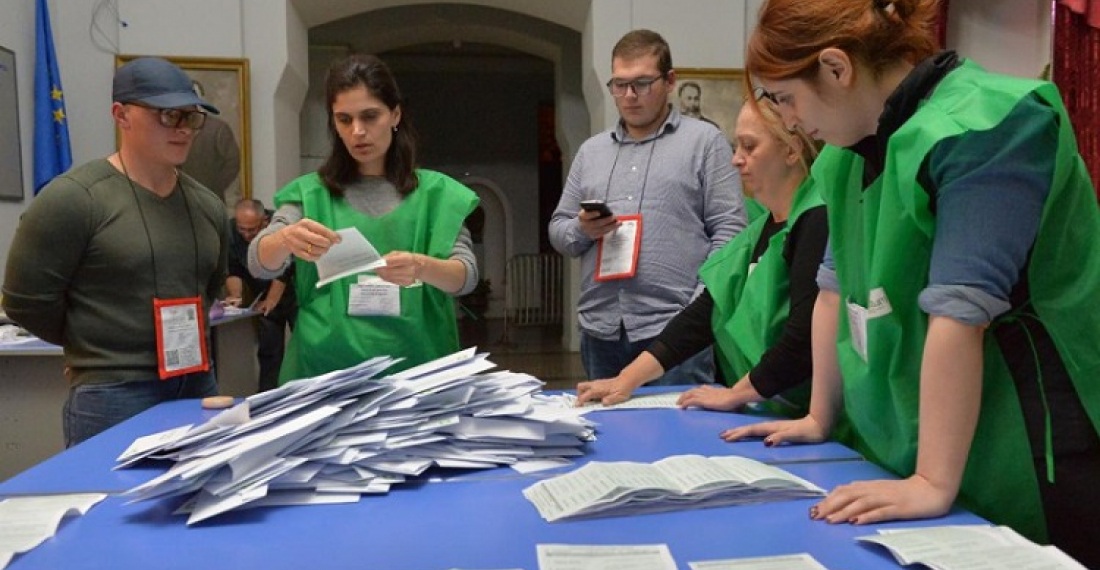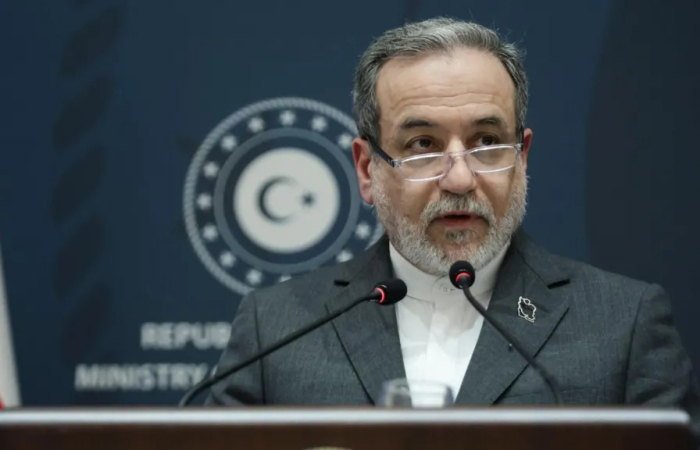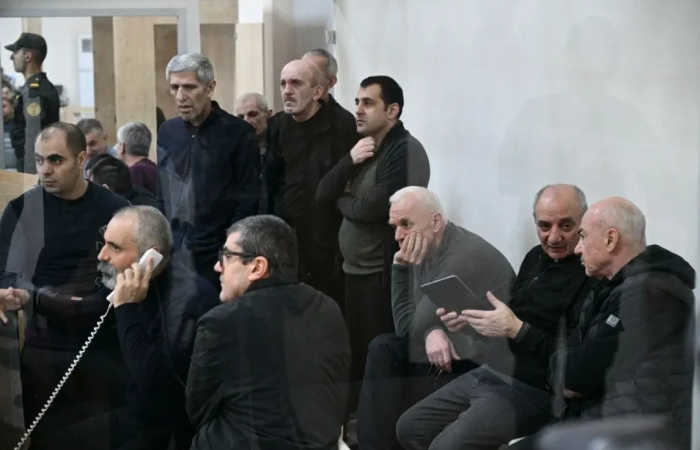Growing anti-Georgian sentiments in Armenia may create problems for Georgia, especially as there are many external actors, and not only Azerbaijan and Turkey, which are ready to exploit these feelings, writes Benyamin Poghosyan in this opinion.
On October 31, 2020, Parliamentary elections took place in Georgia. Since 2012 Georgian politics is often perceived as a two-man show - billionaire Bidzina Ivanishvili and former President Mikheil Saakashvili. In 2012 Mr. Ivanishvili made a surprisingly successful bid to win Parliamentary elections and ousted President Saakashvili's United National Movement (UNM) party from power. Saakashvili left Georgia in 2013 after the end of his second Presidential term and entered Ukrainian politics becoming the governor of the Odesa region. Soon he became one of the toughest critics of his former friend President Poroshenko, was forced to leave Ukraine, and came back after President Zelenski's election in 2019. Meanwhile, several criminal investigations were opened against him in Georgia and the court sentenced him in absentia to several years of imprisonment. Mr. Ivanishvili left the Prime Minister's position in late 2013 but continued to de facto govern Georgia through his control of the ruling Georgian Dream (GD) party.
GD won a landslide victory in the 2016 Parliamentary elections, and was hoping for another victory in 2020. Since 2019 the political life of Georgia has been focused on discussions on the changes to the electoral code. After the failure of the Parliament to approve constitutional amendments and enforce the fully proportional system of the government in November 2019 the US government was actively got involved in Georgian domestic politics. The new US ambassador Ms. Degnan played an instrumental role in forging a compromise in March 2020, as did her EU counterpart. As a result, it was decided to elect 120 MPs by proportional list and another 30 MPs by majoritarian constituencies, while the threshold to enter the Parliament was reduced from 5 to 1 percent. Before the elections, several new political forces sought to portray themselves as an alternative to both Mr. Ivanishvili and former President Saakashvili - amongst them "Lelo for Georgia" established by businessman Khazaradze and "European Georgia", whose members left UNM in late 2016 due to disagreements with Saakashvili. However, the growing polarization of the Georgian society again made October 31 elections a clear choice between Ivanishvili and Saakashvili.
According to the official data, GD won 48 percent of votes and UNM got 27 percent. Another 7 parties entered Parliament all of them getting less than 4%, but enough to pass the 1% threshold. GD candidates won 14 majoritarian constituencies, and a runoff is scheduled for the other 16, which include all the constituencies in the capital Tbilisi. International observers including an OSCE/ODIHR mission, and the US embassy, provided mainly positive assessments of the elections. They pointed out many shortcomings but emphasized that they were not sufficient to invalidate the results. However, all eight opposition parties which entered the Parliament stated that there had been large-scale falsifications during the elections, and decided to boycott the next parliament and not to participate in run-off elections for the remaining 16 majoritarian constituencies. They have called on the government to cancel the results and organize a new election under a new electoral administration, and have declared their intention to calling their supporters to organize large scale demonstrations.
From the legal point of view, the presence of a simple majority is sufficient for the Georgian parliament to convene. According to preliminary data GD now has 61 seats through the proportional list and 14 seats through majoritarian constituencies. With the opposition refusing to participate in runoffs, the governing party is highly likely to win all the majoritarian races, allowing it to enter the parliament with at least 90 lawmakers, while 76 MPs are sufficient to form a simple majority, to elect the Prime Minister, and to adopt laws. However, one-party parliament will create problems for GD and will be a source of permanent instability in Georgia. Given the bleak economic outlook due to the COVID 19 pandemic, Georgia faces tough domestic challenges in the short and mid-term perspective. Most probably, the opposition will not be able to organize another "rose revolution" and force Mr. Ivanishvili to give up power as a result of street demonstrations. However, they can put permanent pressure on the government and force international actors, and first of all the US, to intervene and to seek to find a compromise. Thus, we may witness a complicated and lingering political stalemate with unclear outcomes.
Meanwhile, Georgia faces external challenges too. The new war in Karabakh and the possible direct clash of Russia and Turkey in the South Caucasus may create additional difficulties for Tbilisi. Georgia is home of up to 170000 Armenians and 235000 Azerbaijanis and has to be concerned not to allow inter-ethnic clashes on its soil. The Georgian government declared its neutrality in the new Karabakh war and decided to ban military transit through its territories to both Armenia and Azerbaijan. However, according to many Armenian sources, almost on daily basis planes loaded with weapons and mercenaries are using Georgian airspace to land in Azerbaijan from Turkey, Israel, and other countries. There are signs of growing anti-Georgian sentiments in Armenia, with social media campaigns to boycott Georgian goods, and not to use the Georgian Black Sea resorts as a summer holiday destination. Many in Armenia compare Christian Georgia's attitude with Muslim Iran's approach and argue that Iran pursues a much friendlier policy towards Armenia than Georgia, which policy can be described as a "neutral pro Azerbaijani" stance. If the war in Karabakh lingers anti-Georgian sentiments in Armenian society will only be strengthened.
Meanwhile, among the expert community of Armenia there is an understanding that Georgia has no other choice but to de facto support Azerbaijan. Georgia receives more than 90 percent of its natural gas from Azerbaijan, Azerbaijani companies, in particular, SOCAR are big investors in Georgia, and Georgia receives transit fees from the Baku - Tbilisi - Ceyhan oil pipeline and Baku - Tbilisi - Kars railway. Georgia has even more dependency on Turkey. Ankara is the number one Georgian trade partner, has invested a significant amount of money in Georgia and in particular in Adjara, and Ankara is perceived in Georgia as a gate to NATO. Given Turkey's full support to Azerbaijan during the new Karabakh war, Georgia is not able to decline Turkey's requests and pursue real neutrality.
Many Georgians think that the new war in Karabakh is not their war, and the only thing which matters is the uninterrupted flow of oil, gas, and goods from Azerbaijan. Most probably in the short-term perspective, Georgia will continue to pursue a policy of pro-Azerbaijani neutrality in the region. However, in the medium-term perspective, the growing anti-Georgian sentiments in Armenia may create problems for Georgia, especially as there are many external actors, and not only Azerbaijan and Turkey, which are ready to exploit these feelings. Thus, both domestically and externally, Georgia should be very careful to successfully walk this tightrope.
Source: Benyamin Poghosyan is the Founder and Chairman of the Center for Political and Economic Strategic Studies in Yerevan
Photo: Election Proceedings in Georgia.
The views expressed in opinion pieces and commentaries do not necessarily reflect the position of commonspace.eu or its partners







